By Fabiola Barral
barralfb@grinnell.edu
J.B Grinnell laid the groundwork for the progressive institution that the College is today, yet many students do not know the details of our founder’s missions and actions. This semester’s American Studies Seminar is seeking to dispel much of that ignorance.
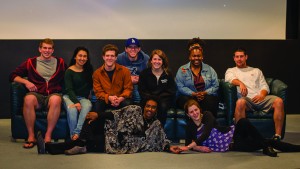
Kesho Scott, Sociology, and her American Studies seminar students have spent their semester researching Josiah Bushnell Grinnell to create their multidimensional production of J.B Grinnell: Man, Myth, Magnificent. The intimate class of eight students sifted through letters in the Iowa Room, a biography, an autobiography, photography and countless other sources to construct their final project, including works written by Grinnell professors. The students collaborated to divide the responsibilities; each became experts in their respective areas of research on J.B Grinnell. The students agreed that the research process was extremely intensive, but also rewarding.
“It wasn’t our intention to ruffle feathers, but through our research we really have learned a lot that will surprise a lot of our audience,” said Daniel Kisslinger ’14.
In fact, students found more information than they could contain with the play.
“We learned so much that even within the hour that is our production, there’s so much that we didn’t touch upon. It was so difficult to choose what we wanted to say in such a short amount of time,” said Grace Gallagher ’15.
Scott chose to focus on J.B Grinnell this spring after reading an article that detailed colleges that were involved with pro-slavery sentiments last year. Prestigious institutions such as Brown University, according to the article, had such inclinations.
“By contrast, I knew that our founder was very much an abolitionist. The comparison led me to question why a man in the 18th and 19th century would be such a radical for his time, and it further caused me to question ‘what else is there?’” Scott said.
As it turns out, there was plenty to discover. Through their research, the students were able to garner details on the life of a prominent activist at the time as well as many other obscure facts about J.B Grinnell.
“We are not telling one story. J.B Grinnell was involved with so much, from the creation of the railroad through our school to being one of the signers of the 13th Amendment. What we really liked about our production is being able to portray all the ways he influenced the College, the town and the nation,” Kisslinger said.
“J.B Grinnell was also very contradictory, which we also portray. For example, he was a staunch abolitionists, but was also very against swearing and drinking,” said Allison Miller ’13.
J.B. Grinnell left his legacy to the College indirectly in many ways.
“He never taught at this school, never was an administrator, he was the mayor of the town for a brief moment but he saw that advanced learning would be integral to the town and to the development of America,” Scott said.
For this year’s production, the students decided to create both a series of video skits along with live performances, something that has never been done before in Scott’s American Studies seminar. Through this process, history was able to come alive and become relatable to the present.
“I was resistant [at first]. I was darn right about to pull the plug. They live in a world that my own teaching is being impacted by. After I saw some of their skits, I let go of the reins a lot more and said ‘yes, lets do it!’” Scott said.
“[Our production] is representative of how multidimensional American Studies is. It does a great job of showing that production can be approached from a lot of different angles,” said Laura Huerta ’14.
This event will be open for anyone interested to attend.
“Each of you [students] are the legacies of J.B Grinnell. That is why I wanted this to be a campus wide production, to teach all the students about this,” Scott said.
The students expressed that their ultimate goal with this project was to spread the awareness of who our college’s founder truly was. In efforts to spread awareness beyond the college and into the town, Professor Scott arranged for a few of her students to speak on the Iowa Public Radio station to discuss their project.
“Part of the purpose [of the radio show] was to have more than the College involved; we want the community to be a part of it too,” Huerta said.
“Local history can be national history. [Our segment] forces listeners to think about how far rural communities can reach,” Gallagher said.
Overall, the seminar has found their experience to be very unique and one that taught them much more than they had ever expected.
“For me, it’s really shown how you can learn a lot and have fun at the same time. This entire class has been fun for me, and there has not been one dull moment,” Huerta said.
Likewise, Scott expressed how proud she was of all the effort her seminar put into this final piece.
“Their instruction was that this is a teachable moment. It was [their] job to turn this into a teachable moment, and I think they did a great job,” Scott said.
Be sure to keep an eye out for Abraham Lincoln this Monday, April 29, as a promoter for the event. The production will be presented Tuesday, April 30 in Harris Cinema at 4:15 p.m.
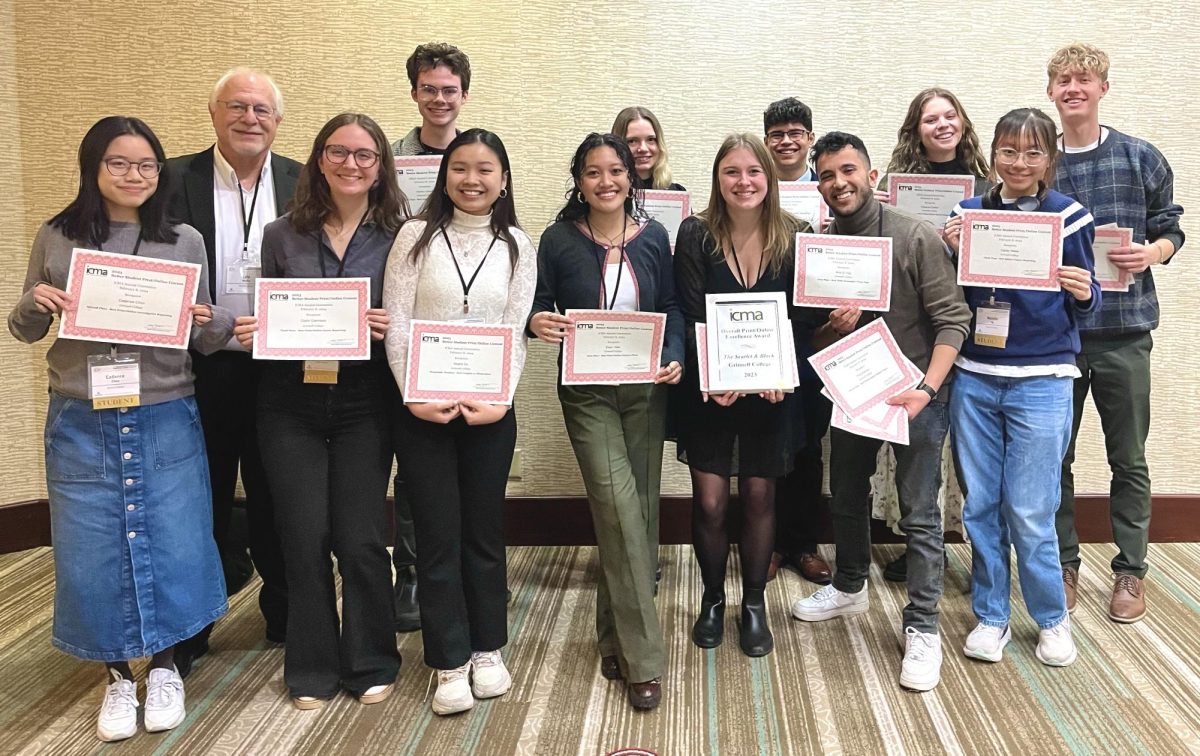

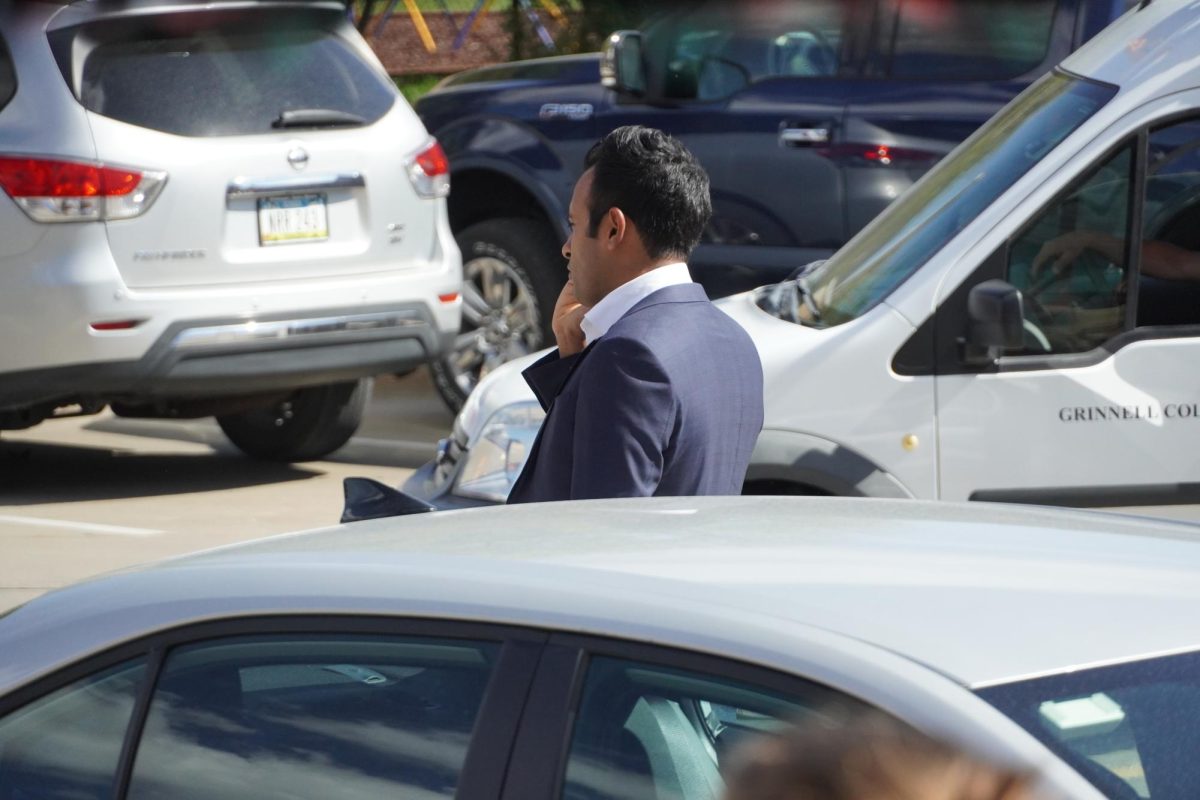
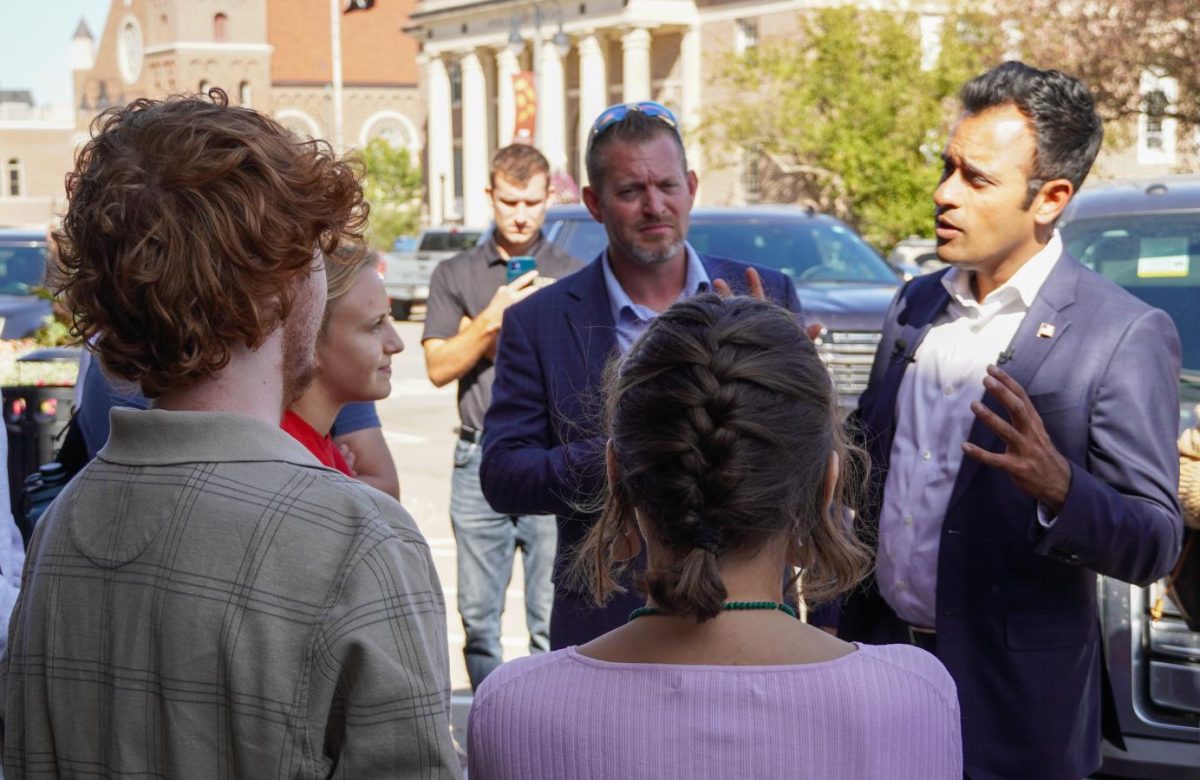
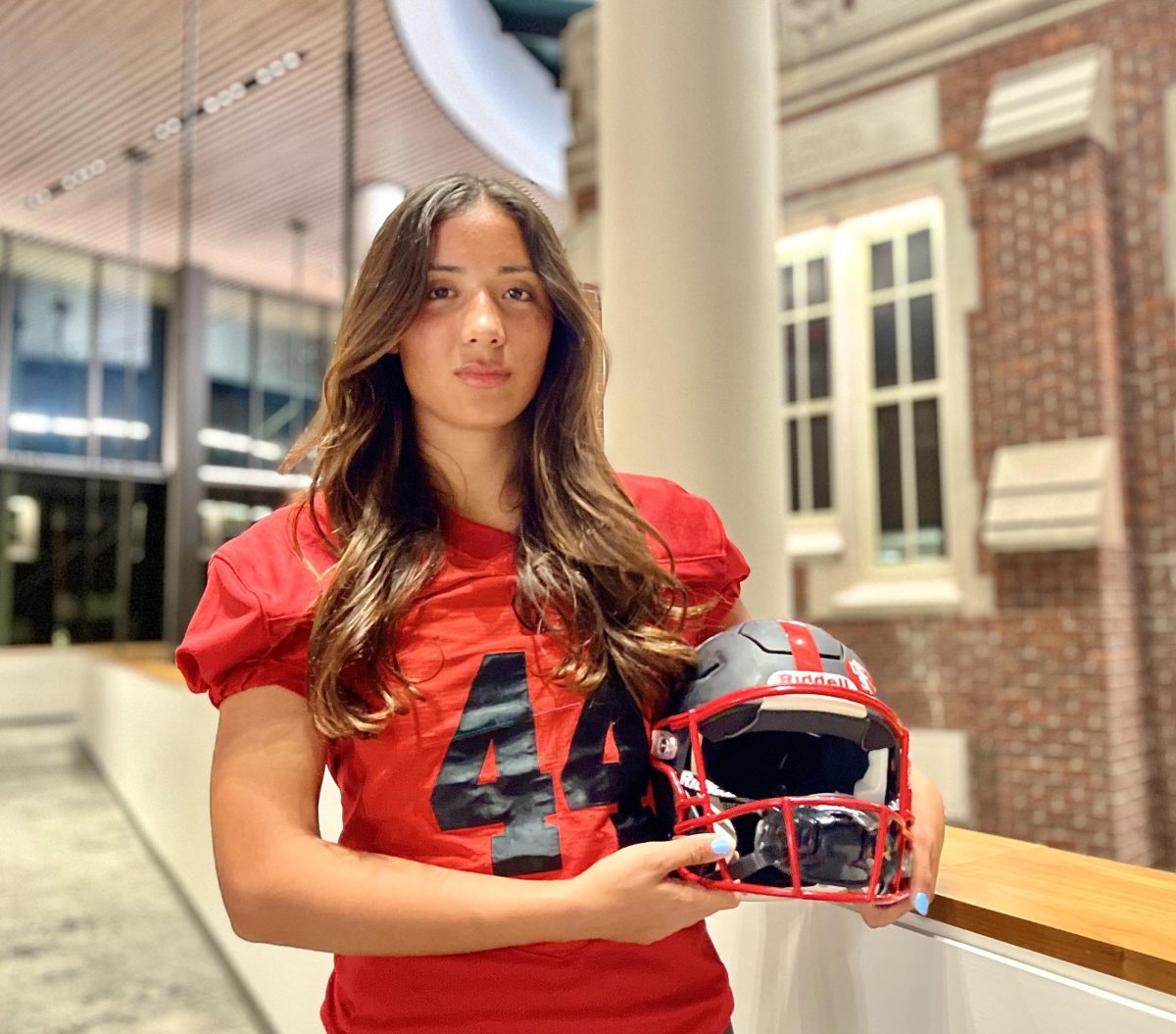
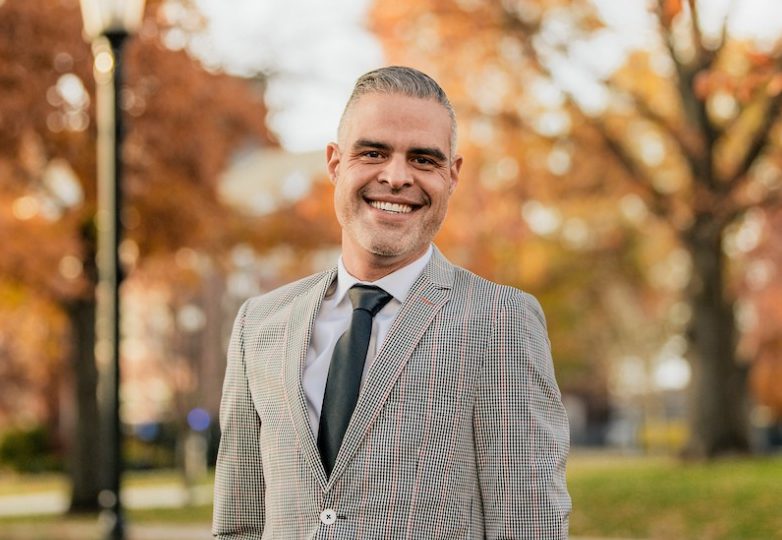

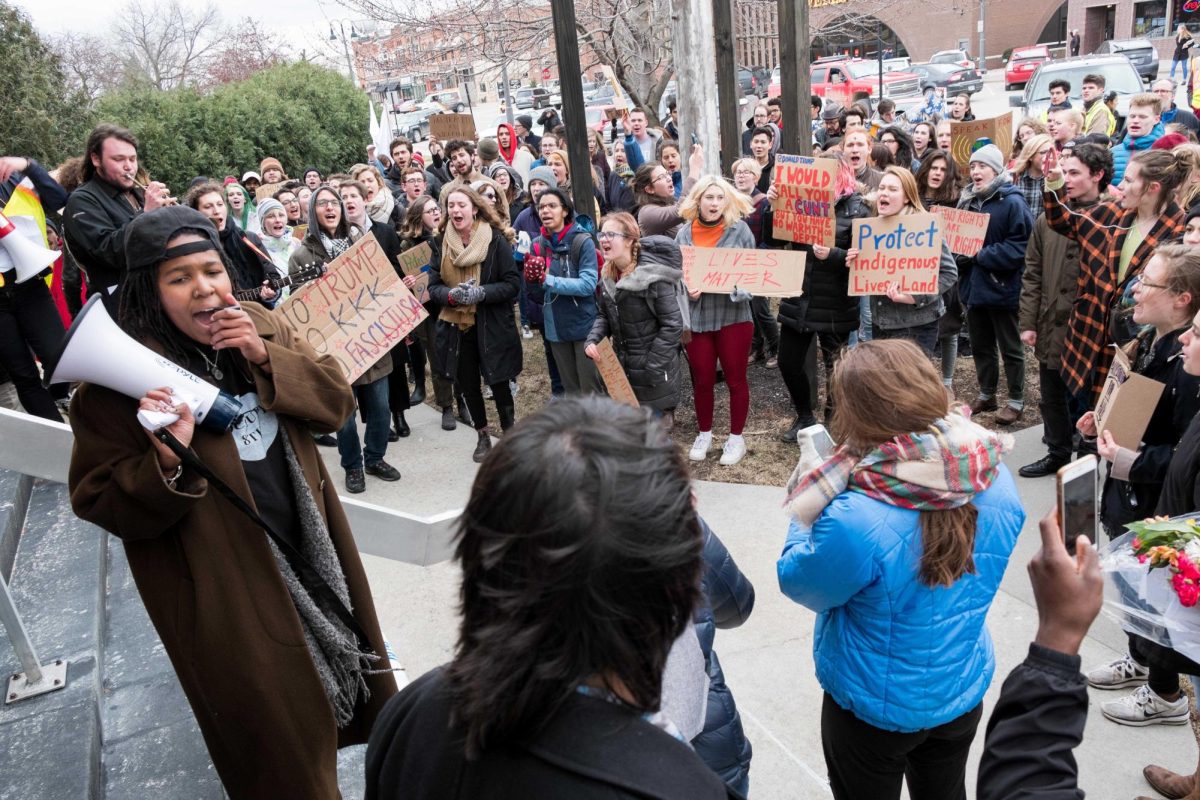
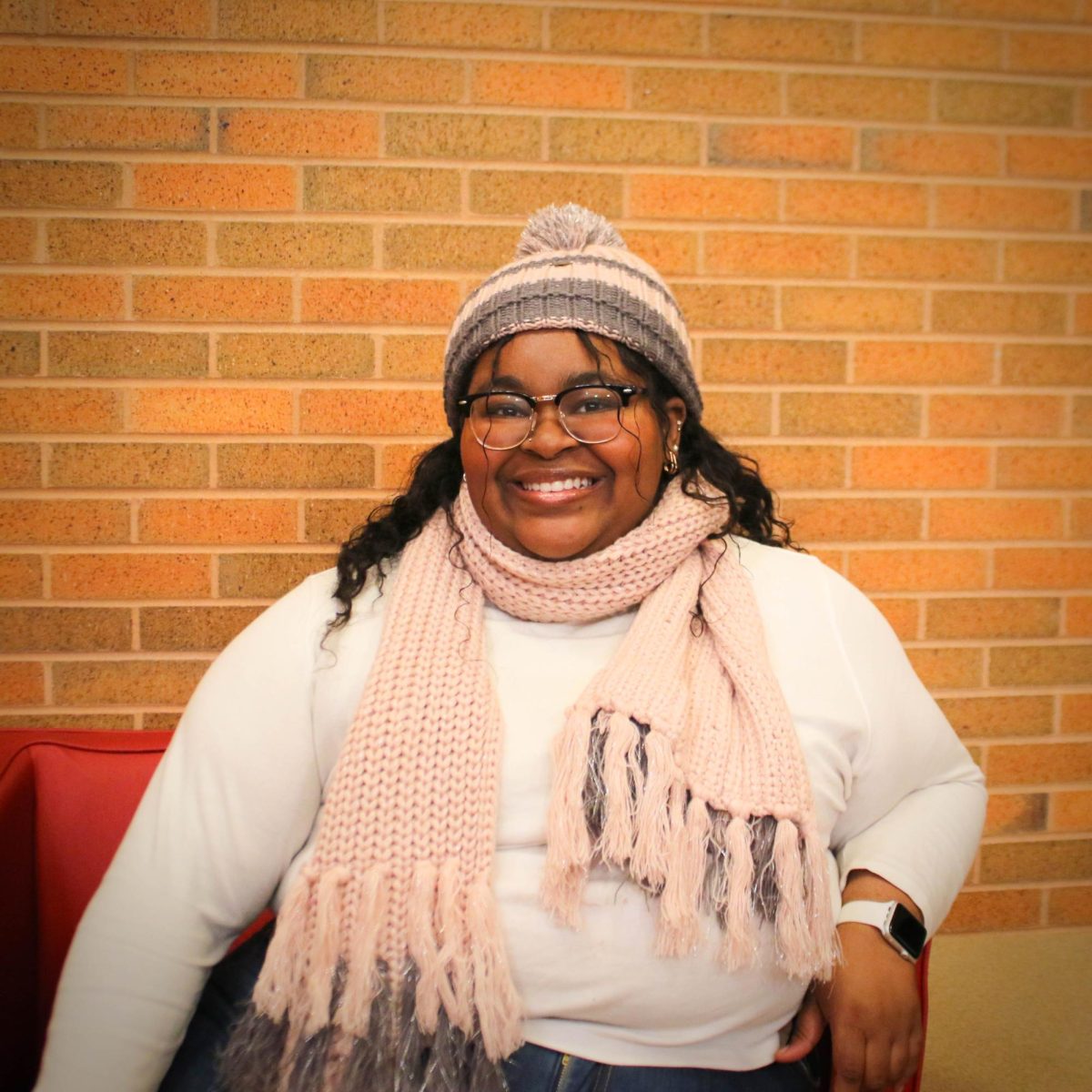
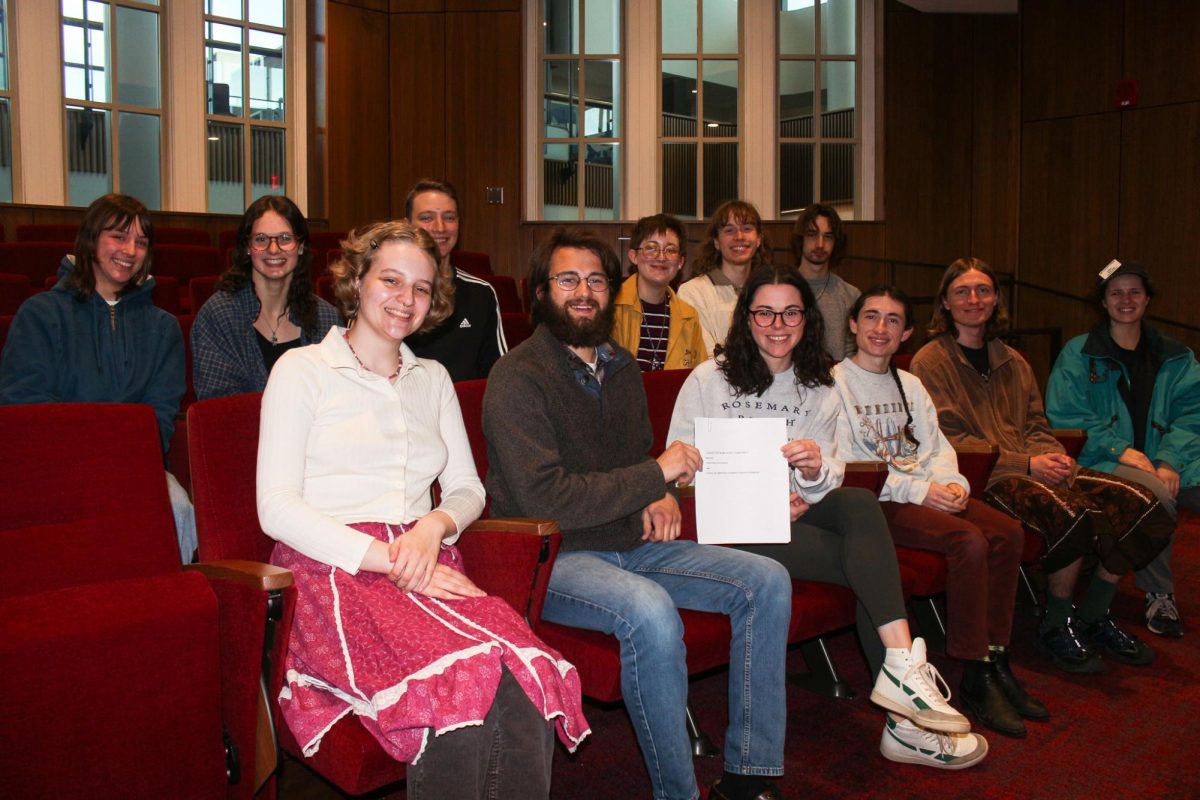


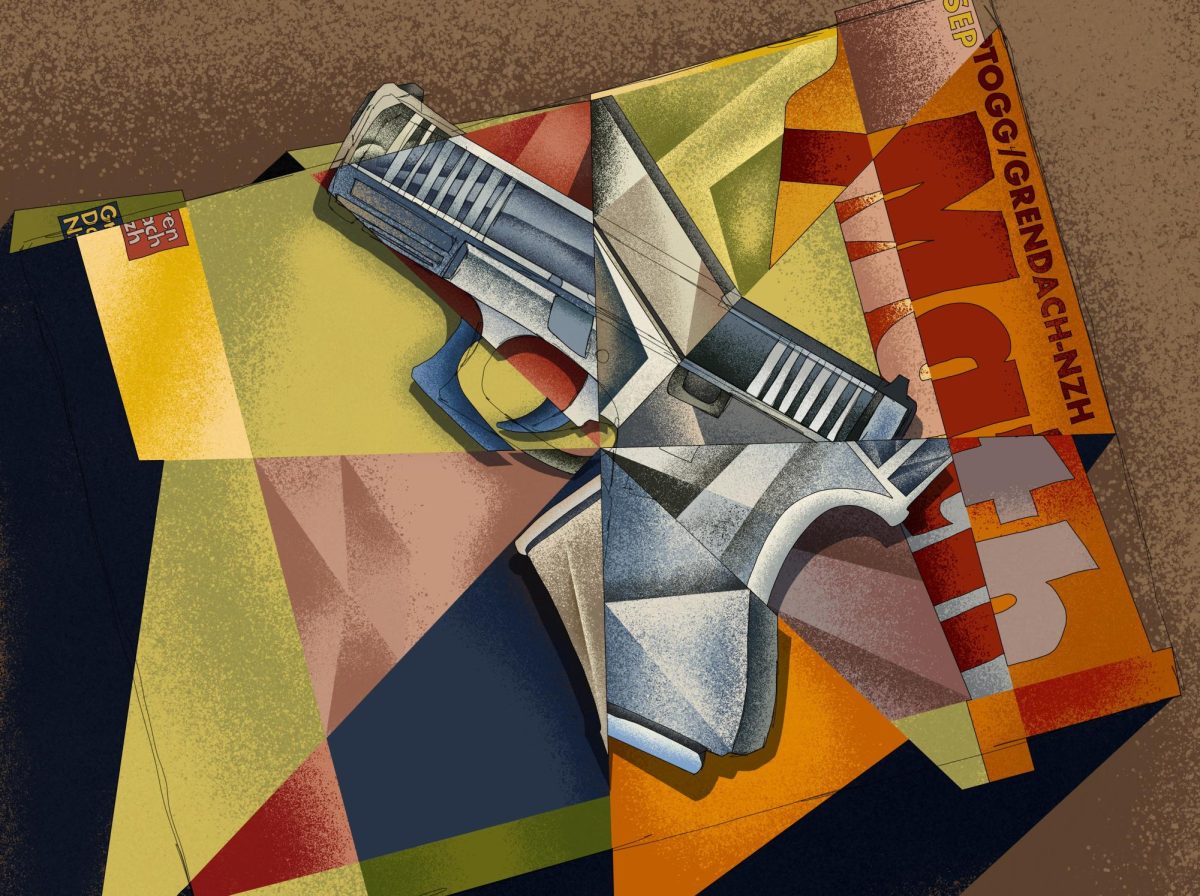
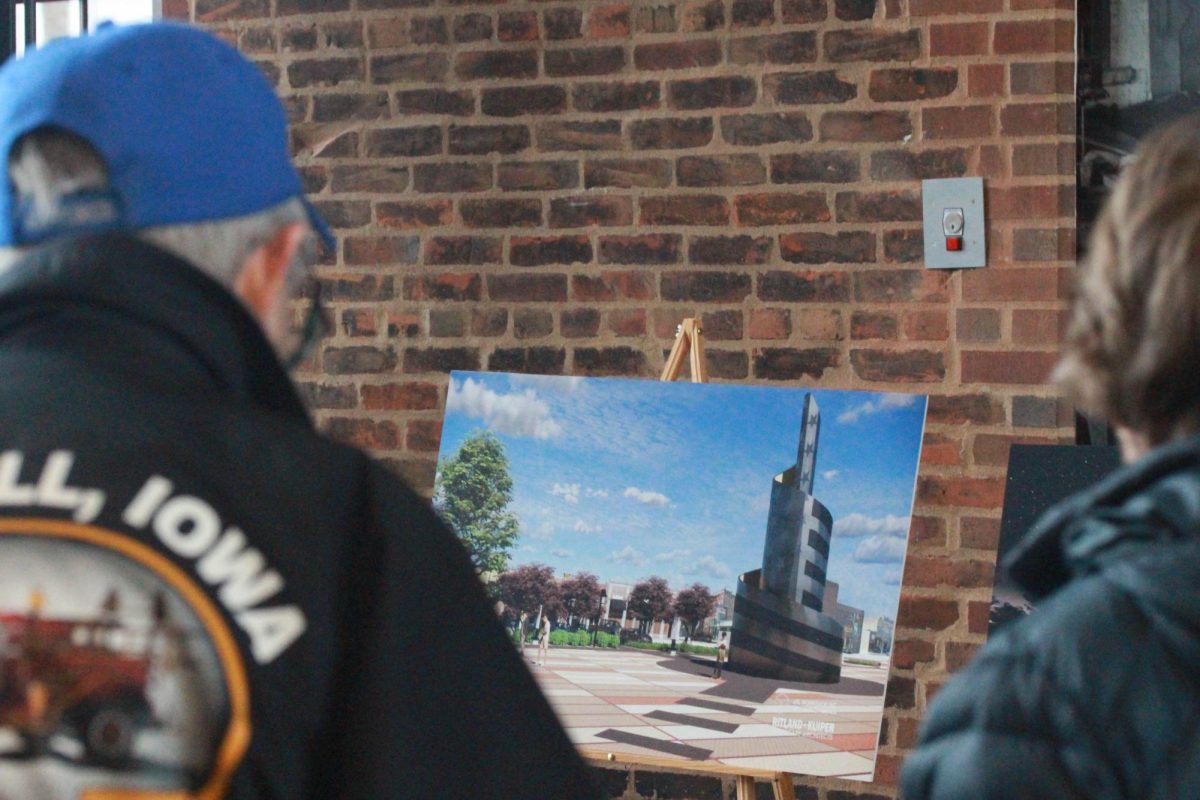


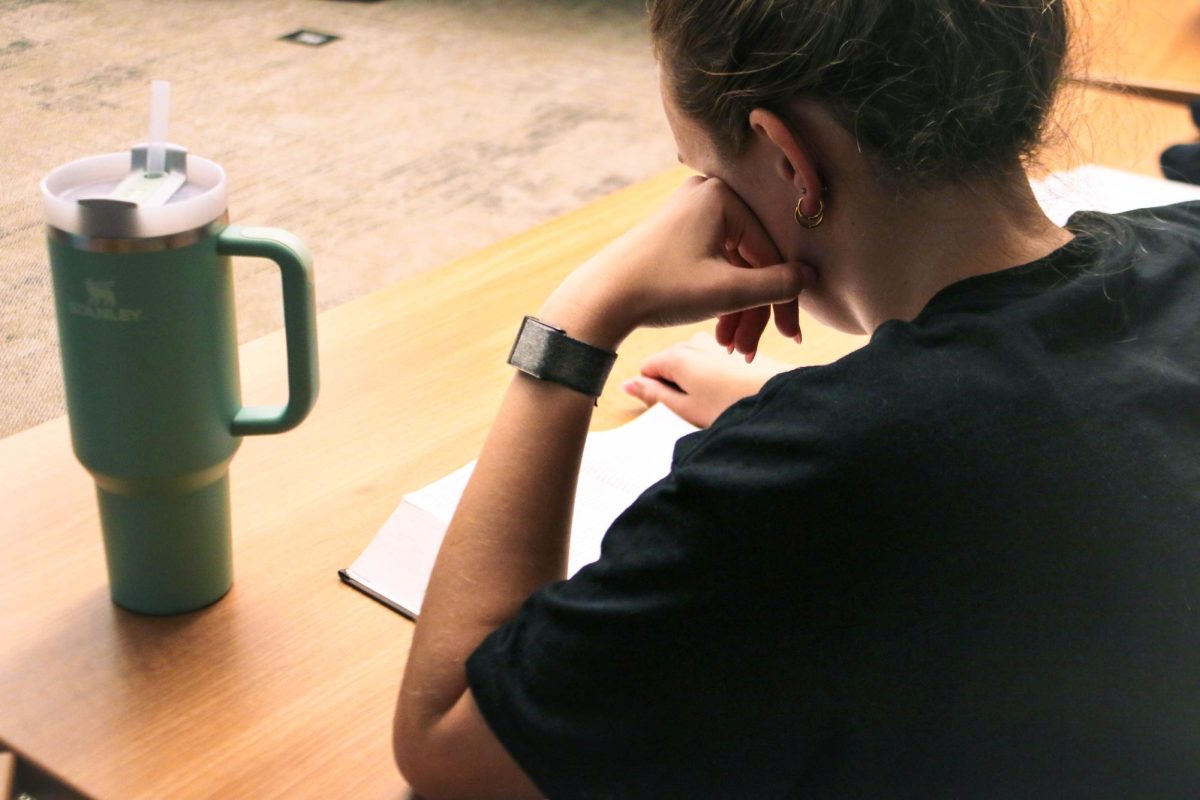

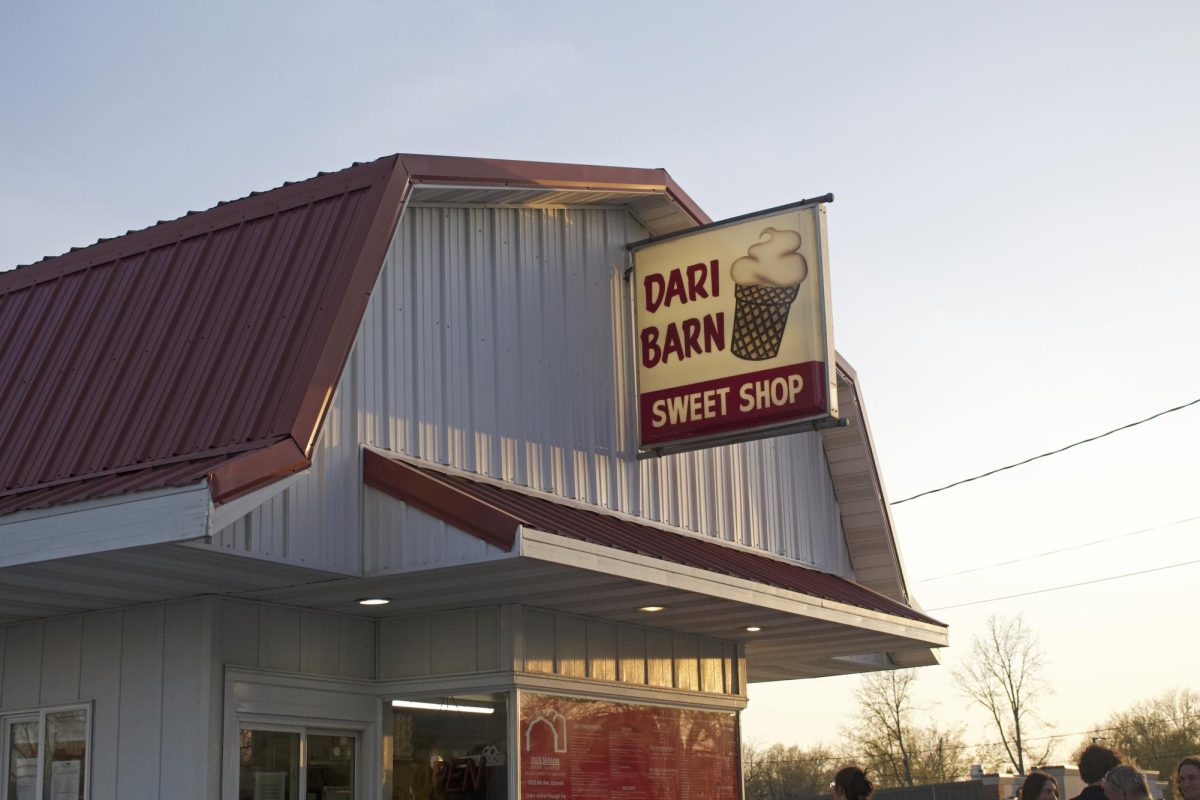
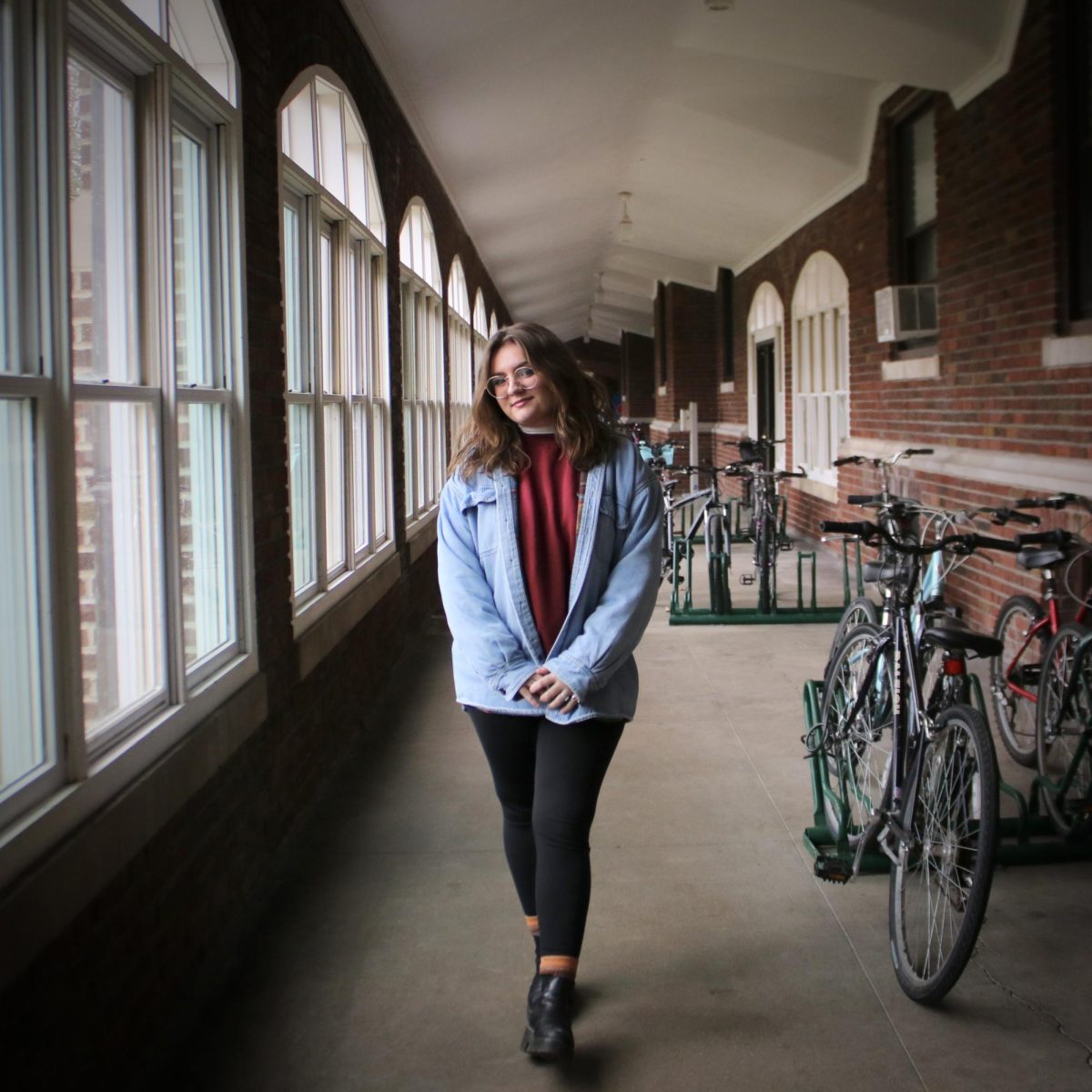


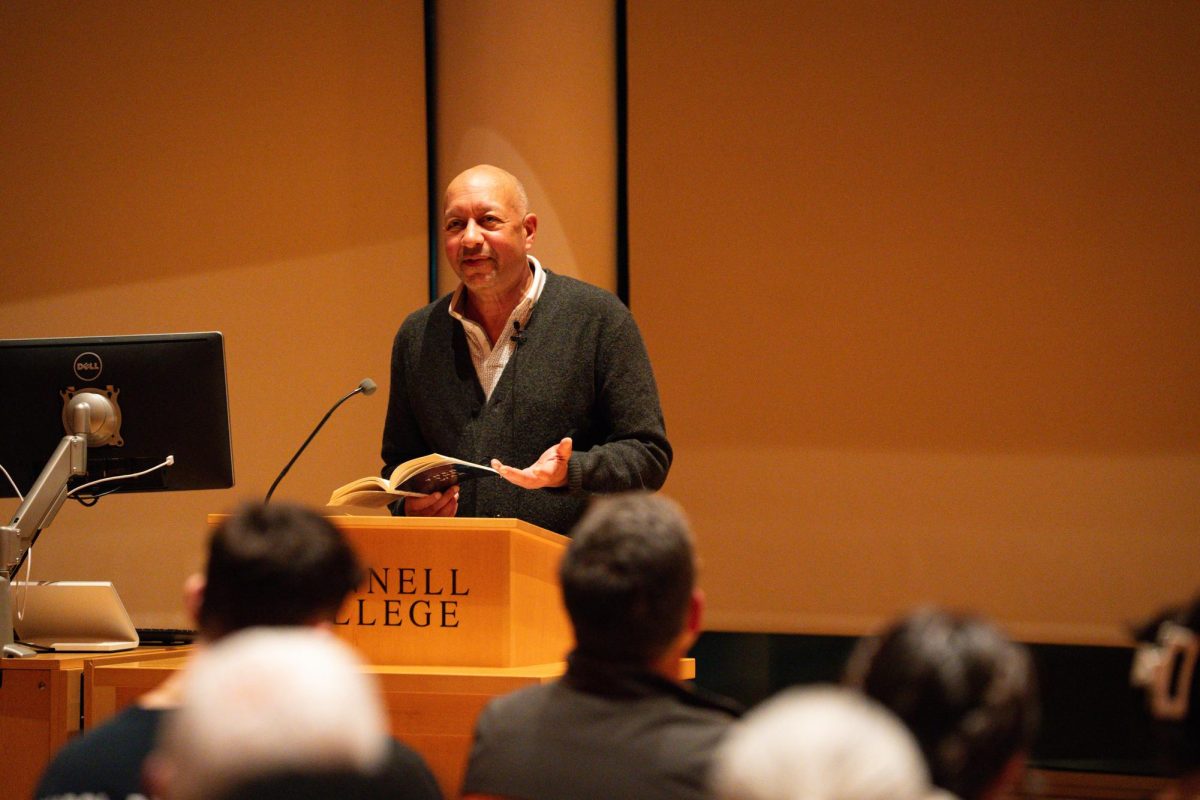
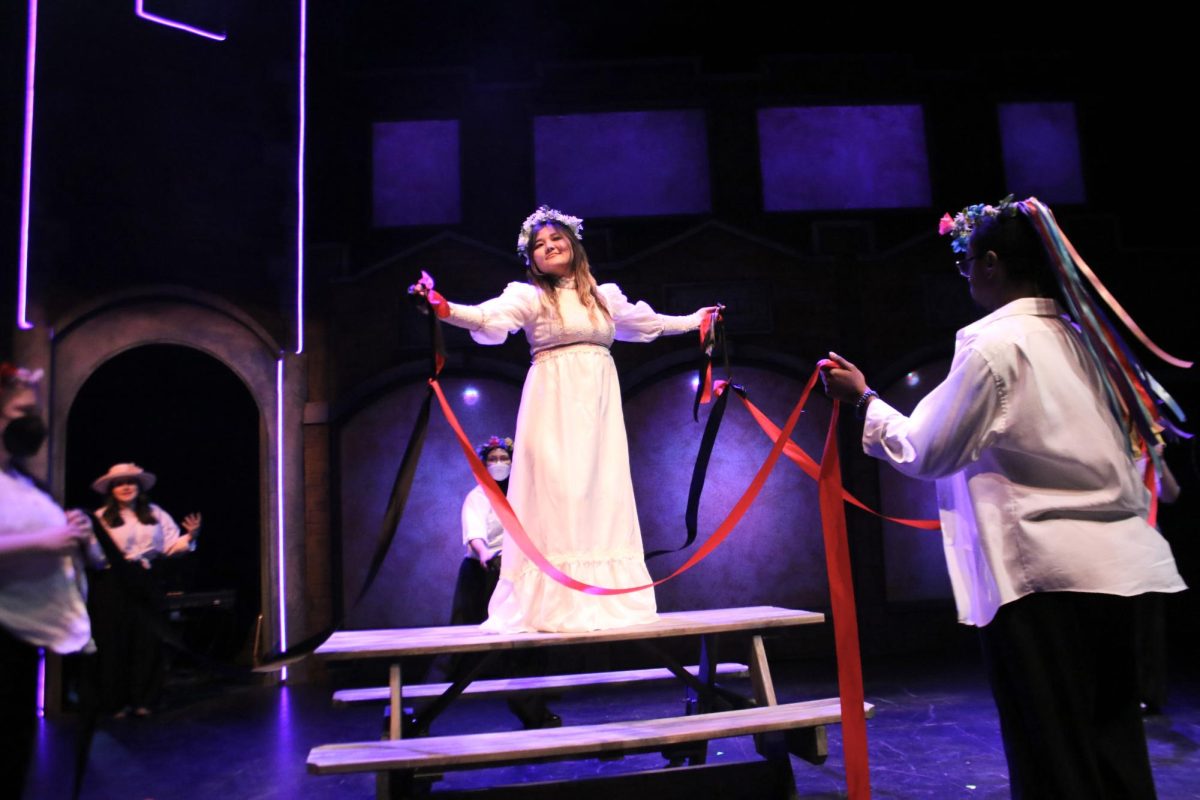
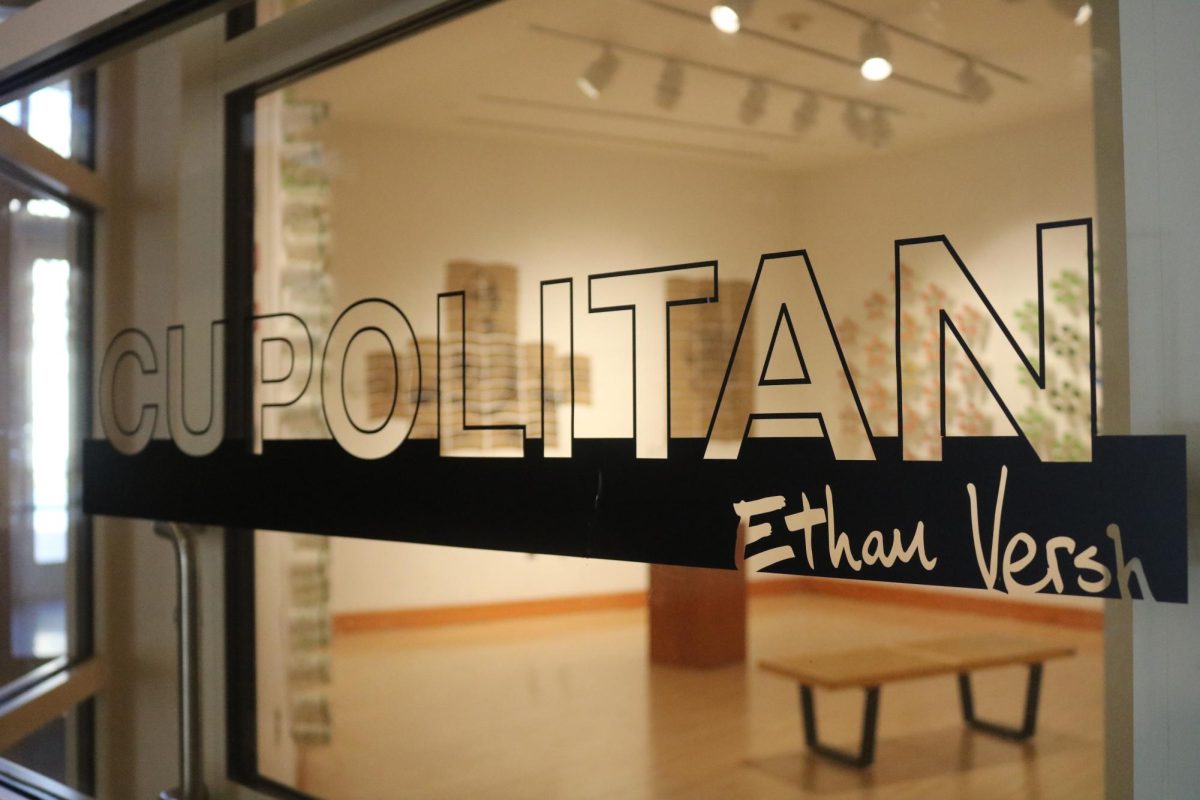

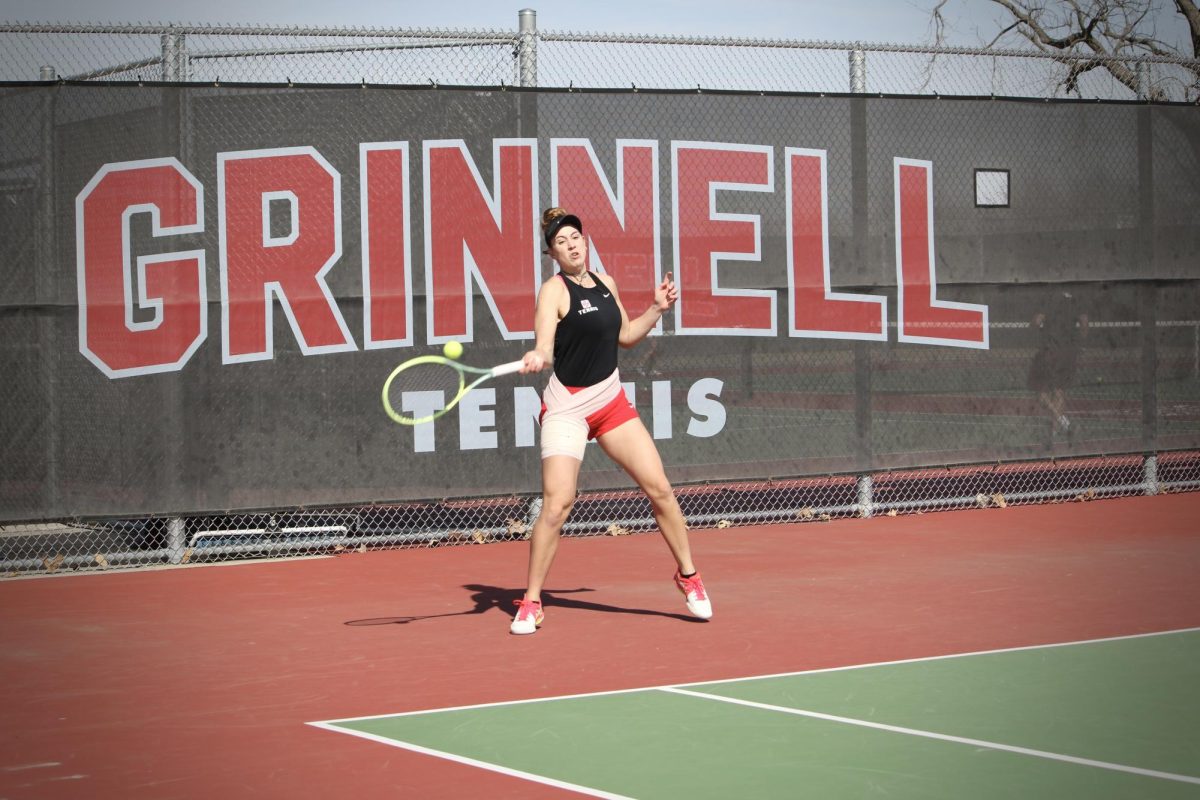
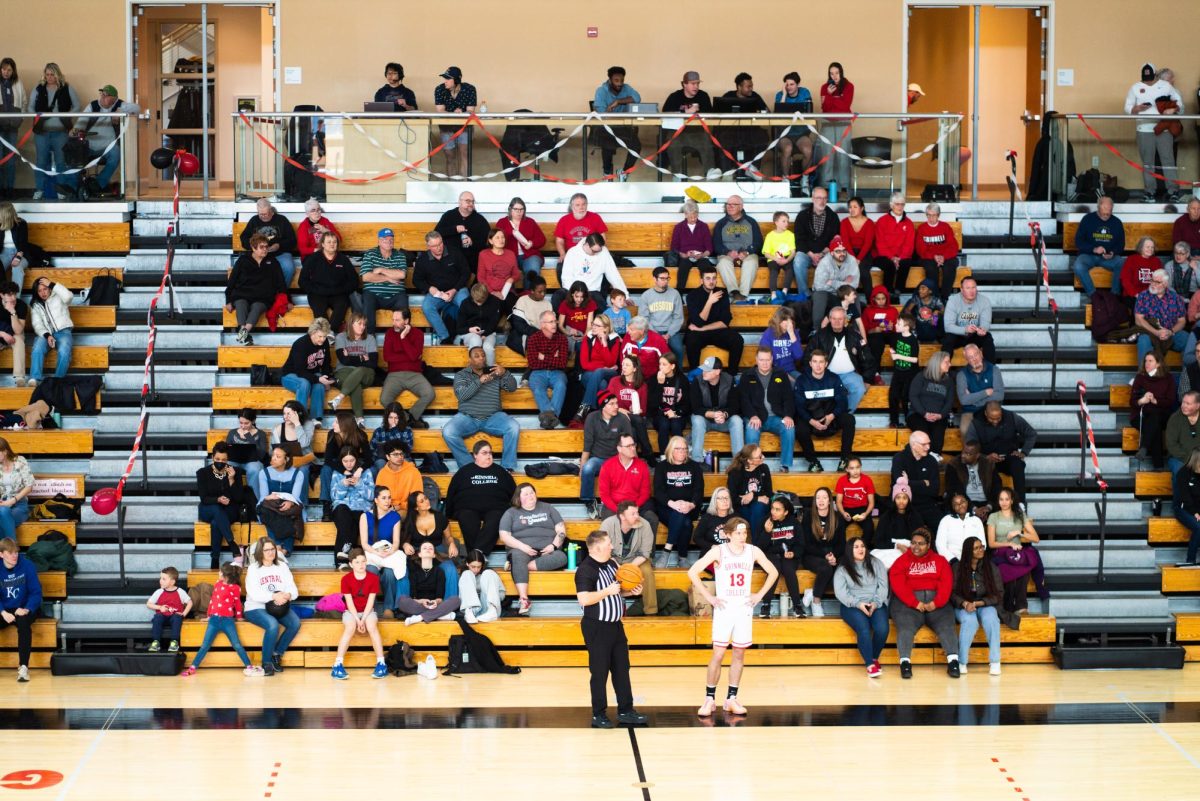

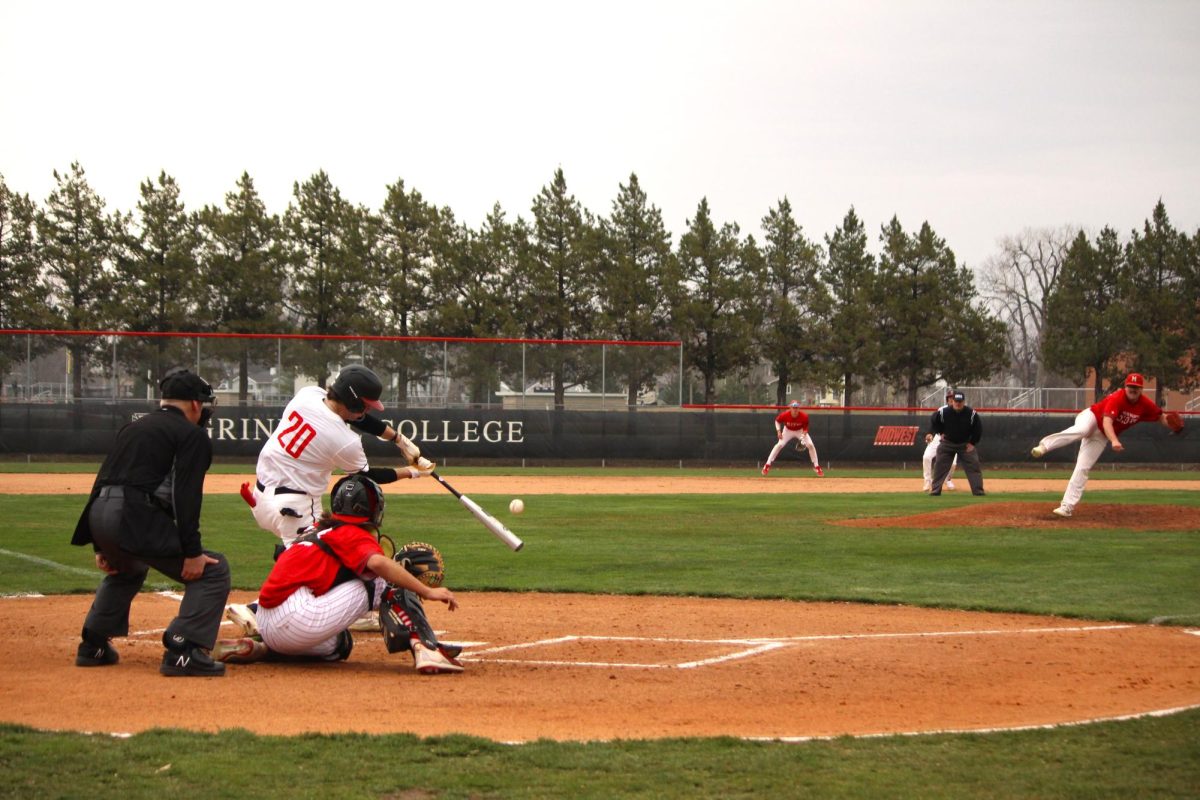

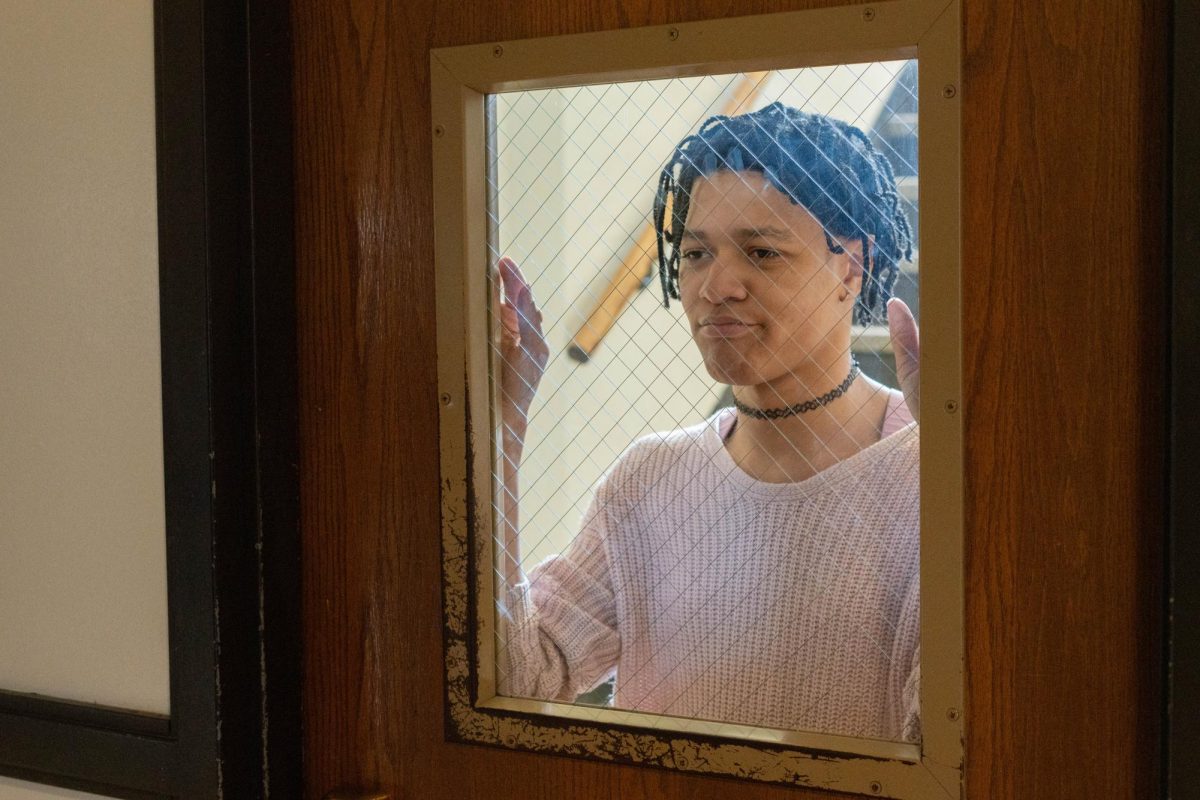

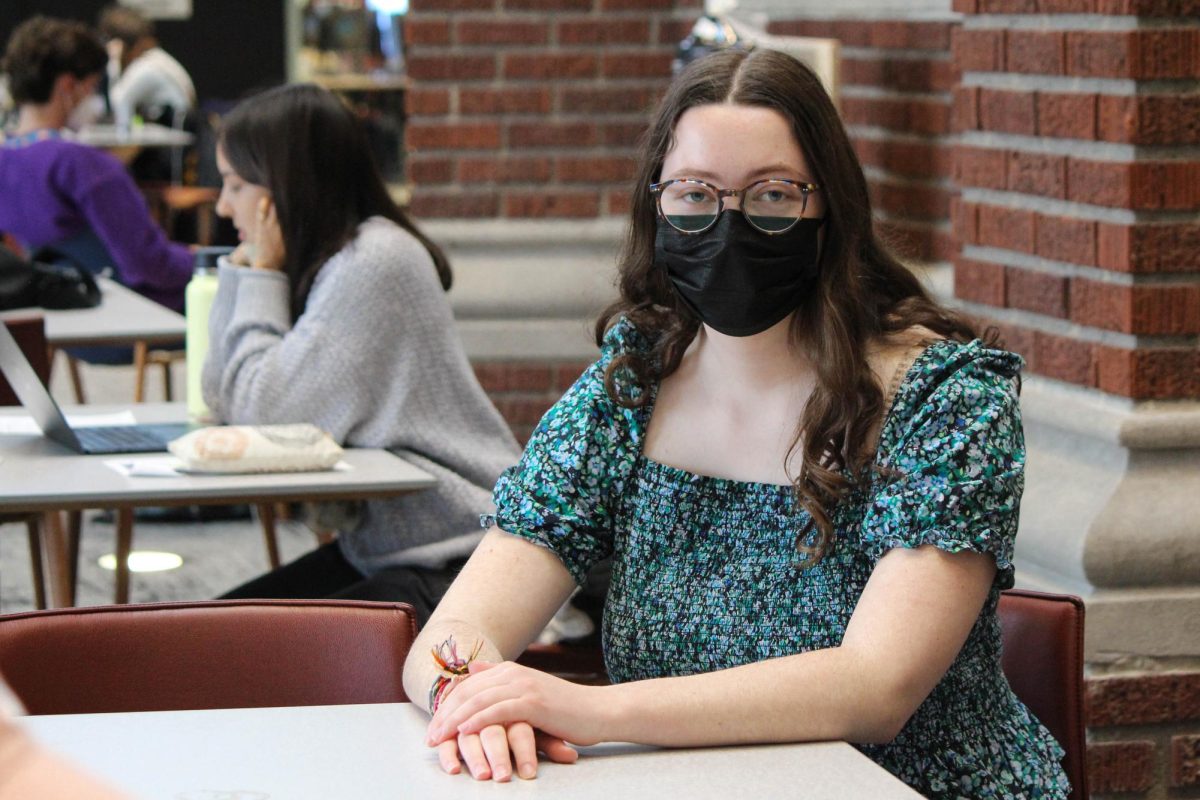



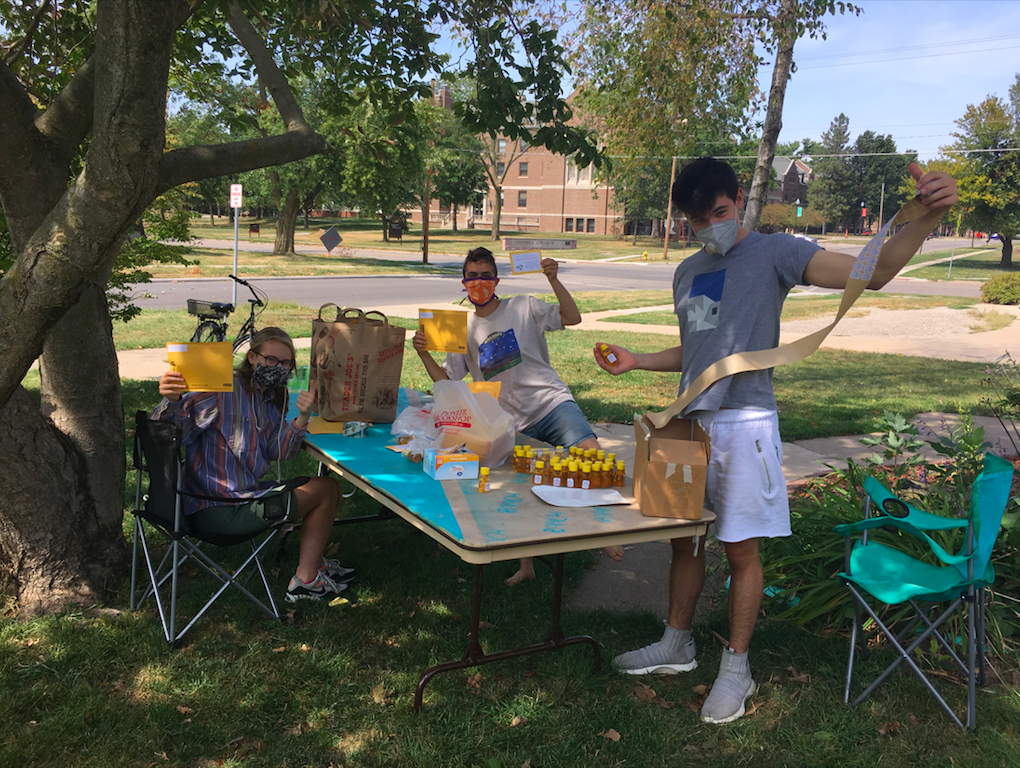






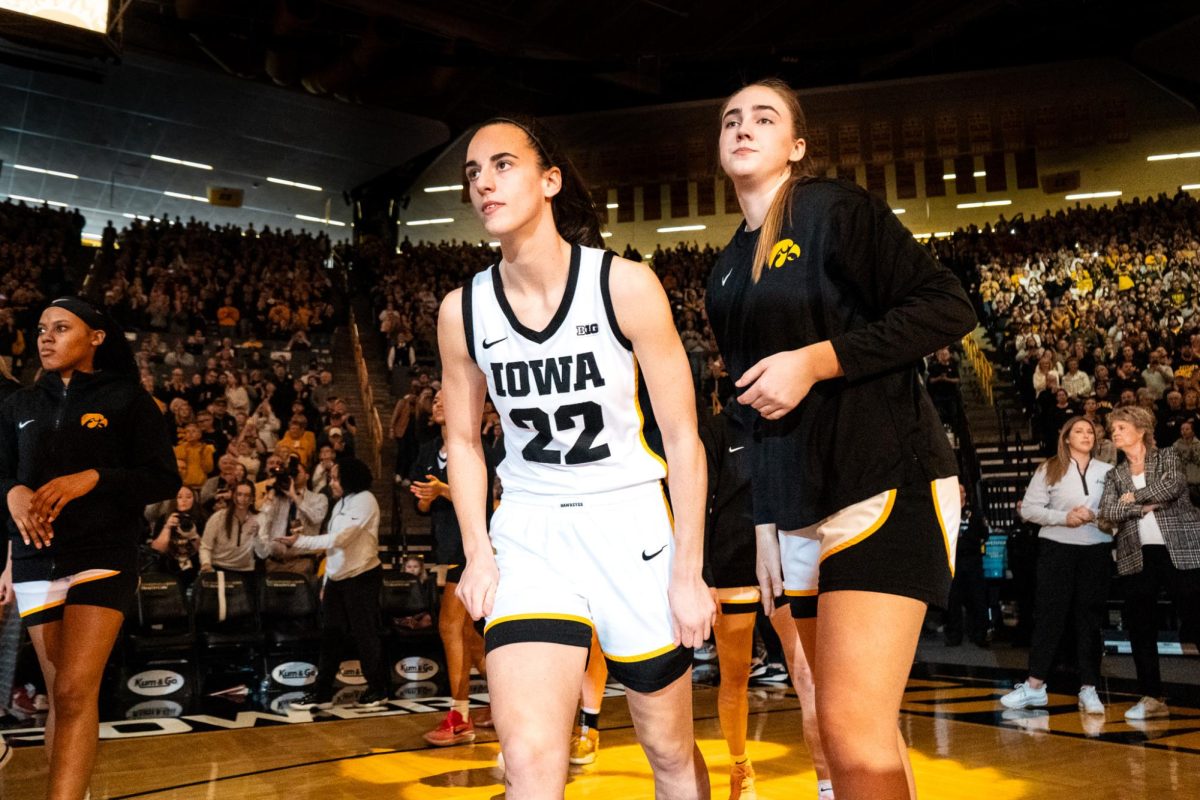
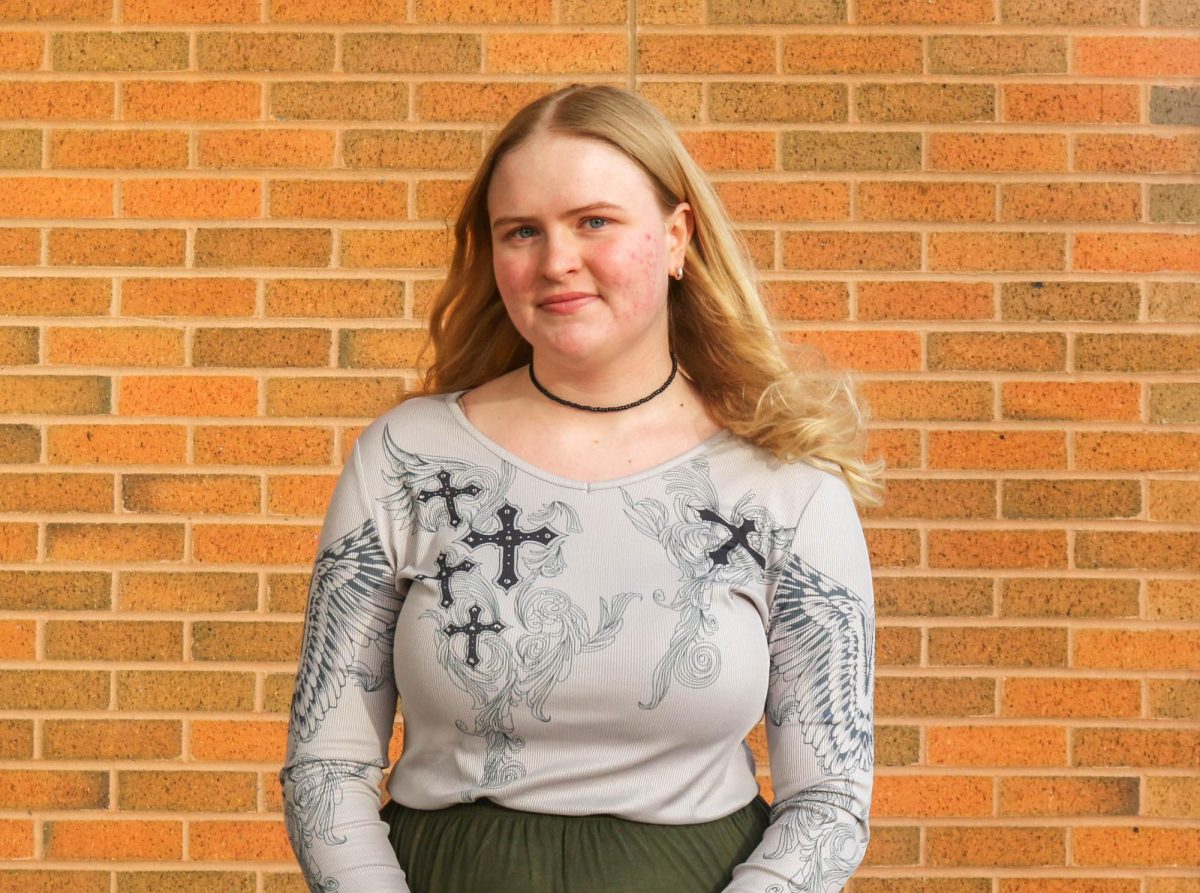
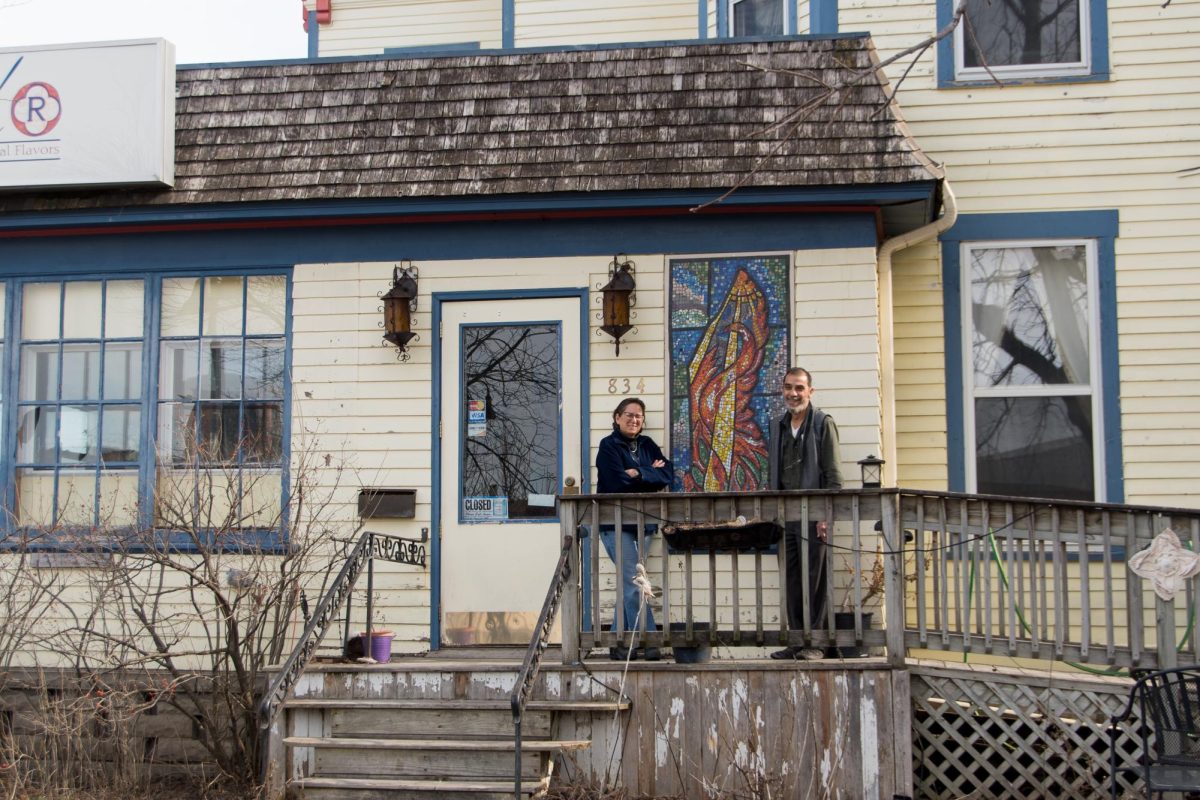
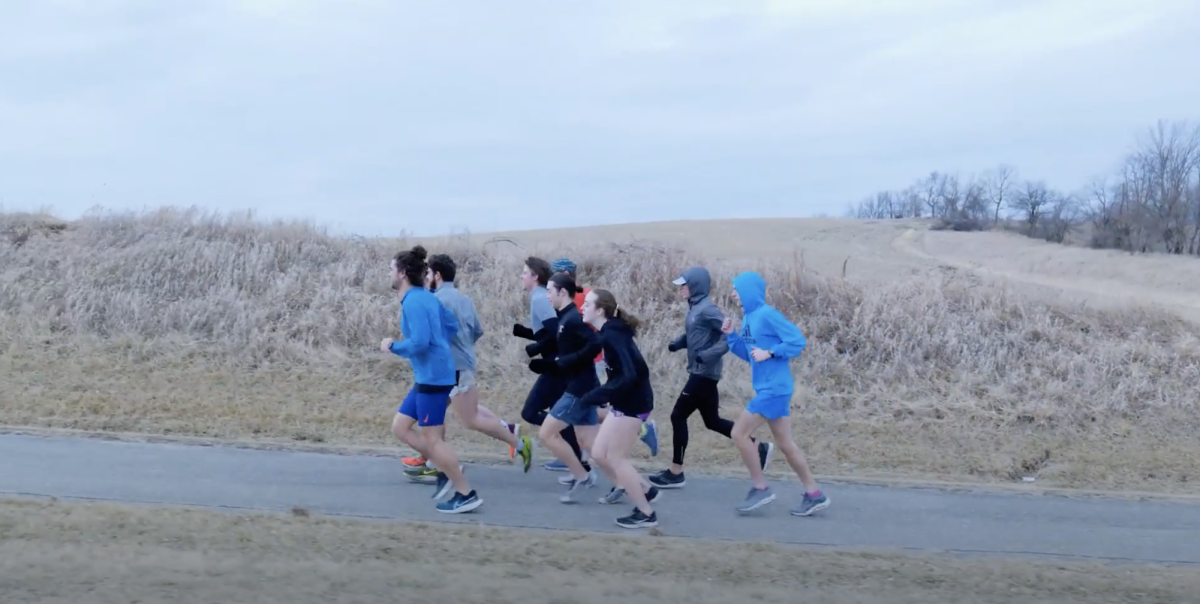


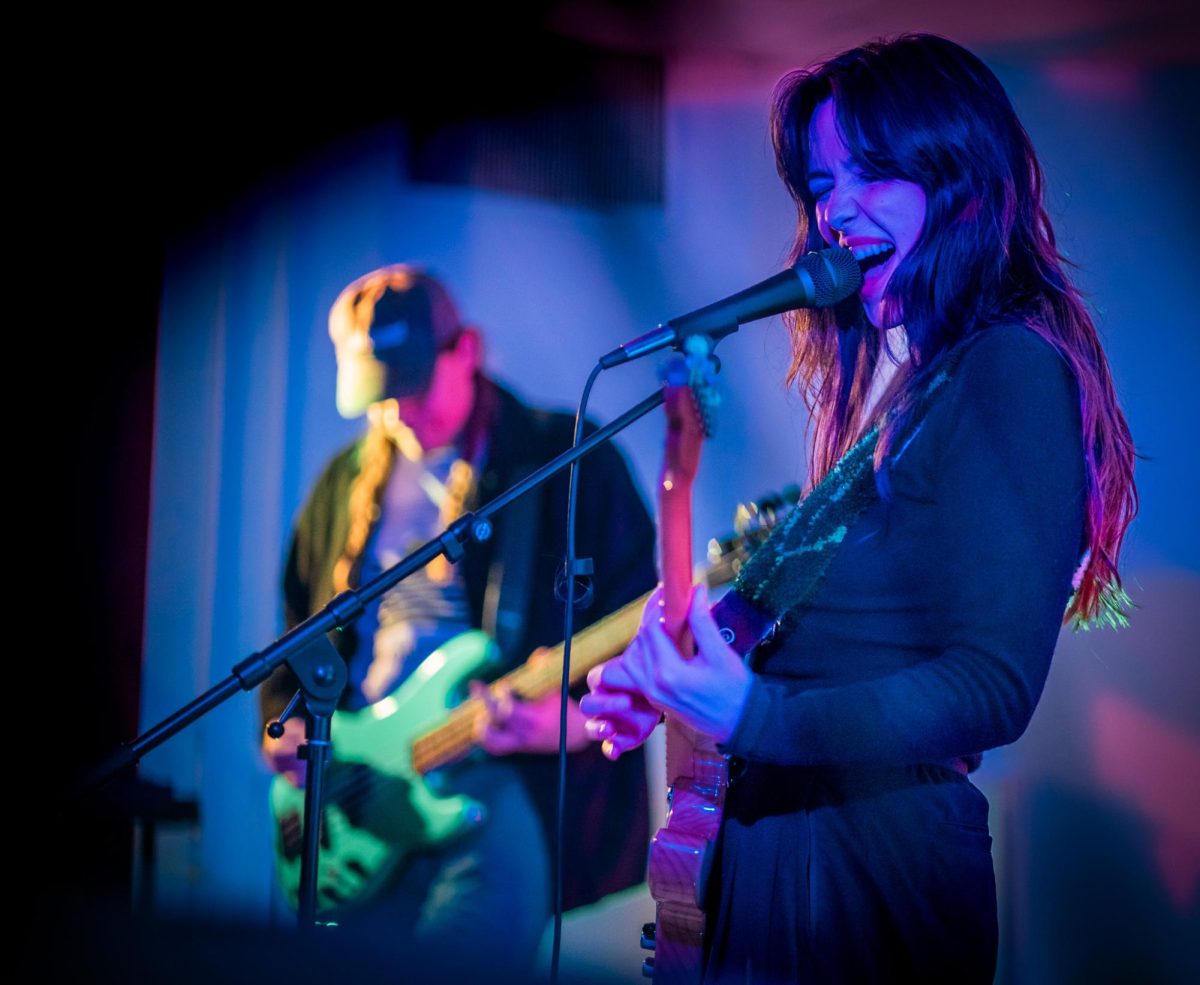
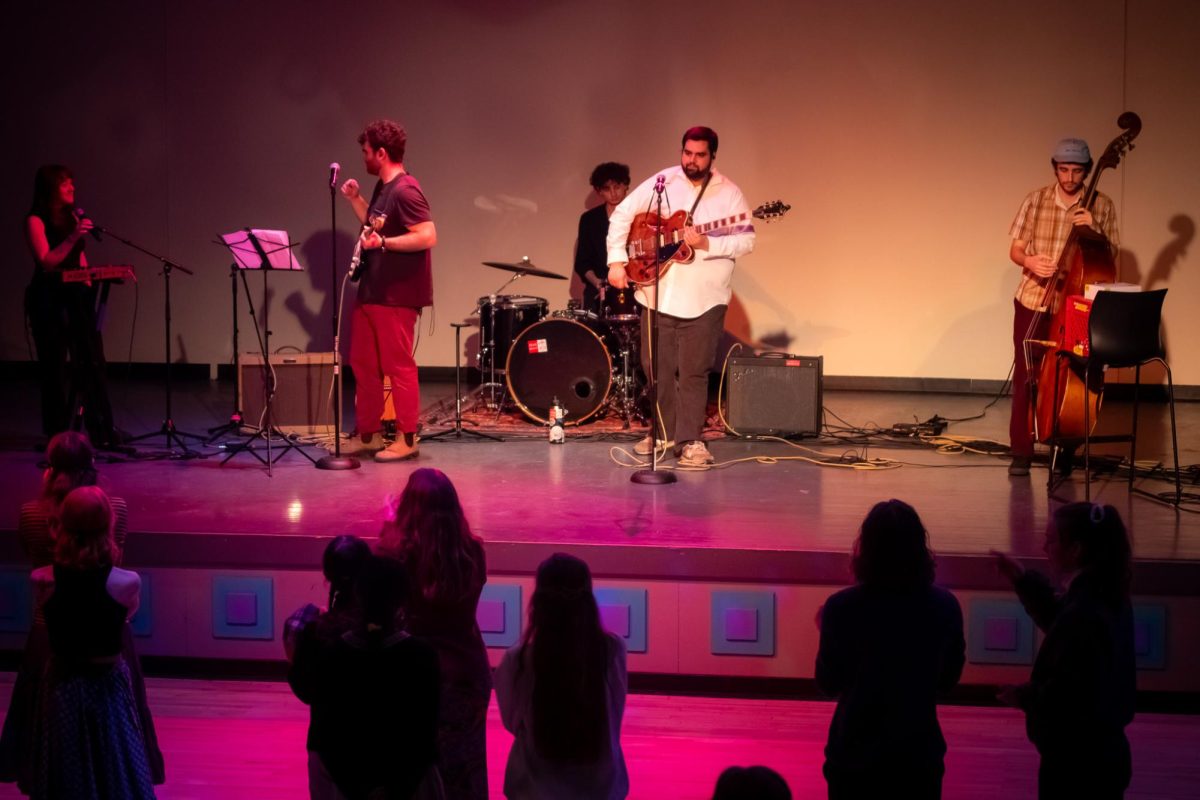
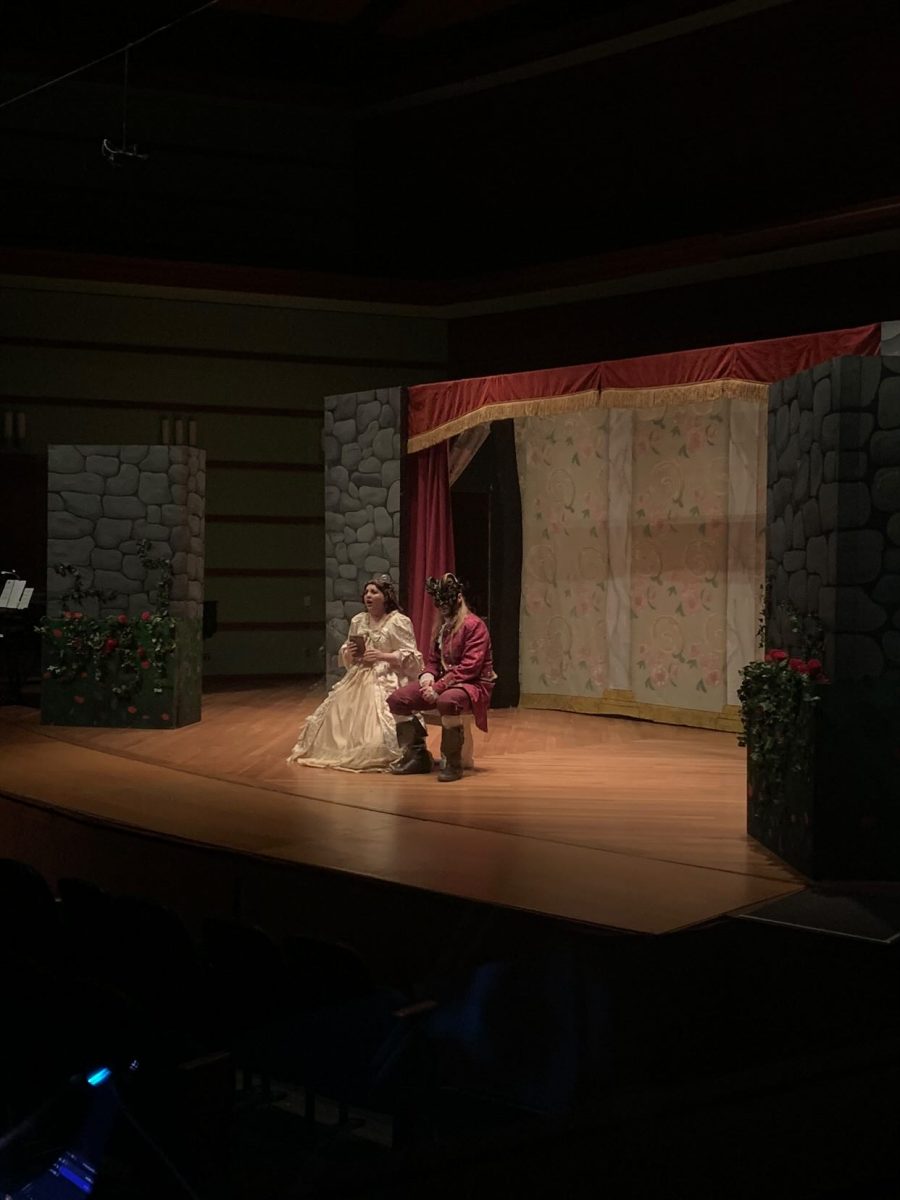
History 101 -- Basics in Grinnell History • Apr 30, 2013 at 7:04 am
The Iowa Band founded the college, not JB Grinnell. He founded the town, set aside land for a “university”, and probably negotiated the move of Iowa College from Davenport to Grinnell. Indeed, the name Iowa College is what this institution was called until the early part of the 1900s and the official charter remained as Iowa College well into the 20th century. JB Grinnell was quite a figure — he was not the founder of the college and to call him such is disservice to him and the band who together ventured to the prairies of the Iowa Territory in the early 1840s to found the college in 1846 — decidedly before JB Grinnell came west to found our town.